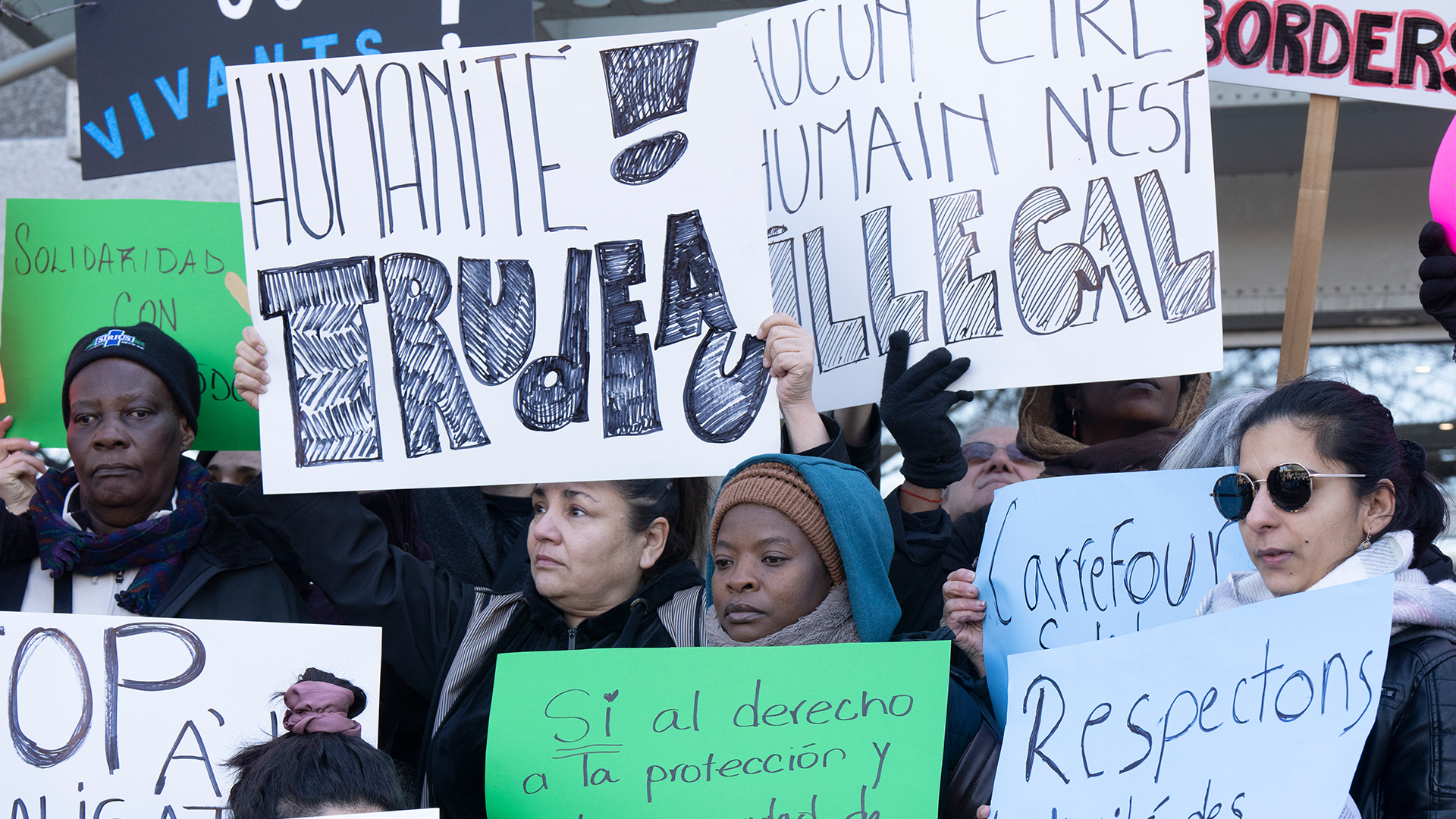
Are Asylum Seekers Misusing Canada’s Generous Support System? A Closer Look at Financial Aid, Cash Jobs, and Oversight Challenges
Canada’s refugee system, long recognized for its humanitarian values and international commitments, is under scrutiny. Amid record-high asylum claims and increased government spending, concerns have emerged over a minority of claimants who may be receiving full government support while working unreported cash jobs.
Canada’s Humanitarian Commitment: Refugee Support Framework
Canada provides significant financial and social assistance to those fleeing persecution. The system includes:
- Government-Assisted Refugees (GARs) – Resettled with federal funding through the Resettlement Assistance Program (RAP).
- Privately Sponsored Refugees (PSRs) – Supported by citizens or organizations.
- Refugee Claimants – Individuals who apply after entering Canada, awaiting a hearing.
Refugees are eligible for monthly assistance matching provincial welfare rates, free health care, education, and in many cases, tax-free benefits from the Canada Revenue Agency (CRA).
Financial Support and Benefits Breakdown
GARs receive:
- Up to $3,065 as a one-time start-up allowance
- Monthly income of $600 to $1,672, depending on location and family size
- Temporary health coverage through the Interim Federal Health Program
Asylum Seekers awaiting hearings may qualify for:
- Provincial welfare (e.g., $1,672/month in Ontario for a family of four)
- CRA-administered benefits like:
- Canada Child Benefit (CCB) – Up to $7,787/year per child
- GST/HST Credit – Up to $1,083/year
- Canada Workers Benefit (CWB) – Up to $2,461/year if income is reported
Case Study: How the System May Be Abused
A Toronto-based refugee family receives over $3,700/month in benefits, while reportedly earning an additional $3,200/month in unreported cash jobs. Though not representative of all claimants, such cases raise legal and ethical concerns:
- CRA penalties for undeclared income
- Loss of benefits if income is discovered
- Possible deportation under misrepresentation provisions in immigration law
Employer Experience: Cash Payment Requests in the Trucking Industry
In British Columbia, a Surrey trucking company owner recently declined to hire a skilled asylum seeker who requested to be paid in cash to avoid losing social assistance and CRA benefits.
The employer emphasized fairness to other tax-paying workers and legal risks involved. This anecdote sheds light on similar challenges across industries that rely on low-wage or skilled labor.
Economic Impact and Rising Costs
In 2024 alone, Canada received 190,039 asylum claims, with $544 million allocated for temporary hotel housing. Over $1.76 billion has been spent on asylum accommodations since 2017.
Quebec received $750 million in 2024 to help manage the strain on its housing and social services, as it processed 65% of border entries.
The surge has intensified Canada’s housing crisis, particularly in urban centers like Toronto, where thousands of asylum seekers rely on shelter and hotel spaces.
A Balanced Perspective
While instances of fraud or unreported income exist, officials maintain that the majority of refugees are genuine, and robust systems are in place to detect abuse.
Nevertheless, policymakers face pressure to improve monitoring and enforcement without compromising humanitarian values.
ration options, reach out to the CAD IMMIGRATION today!





